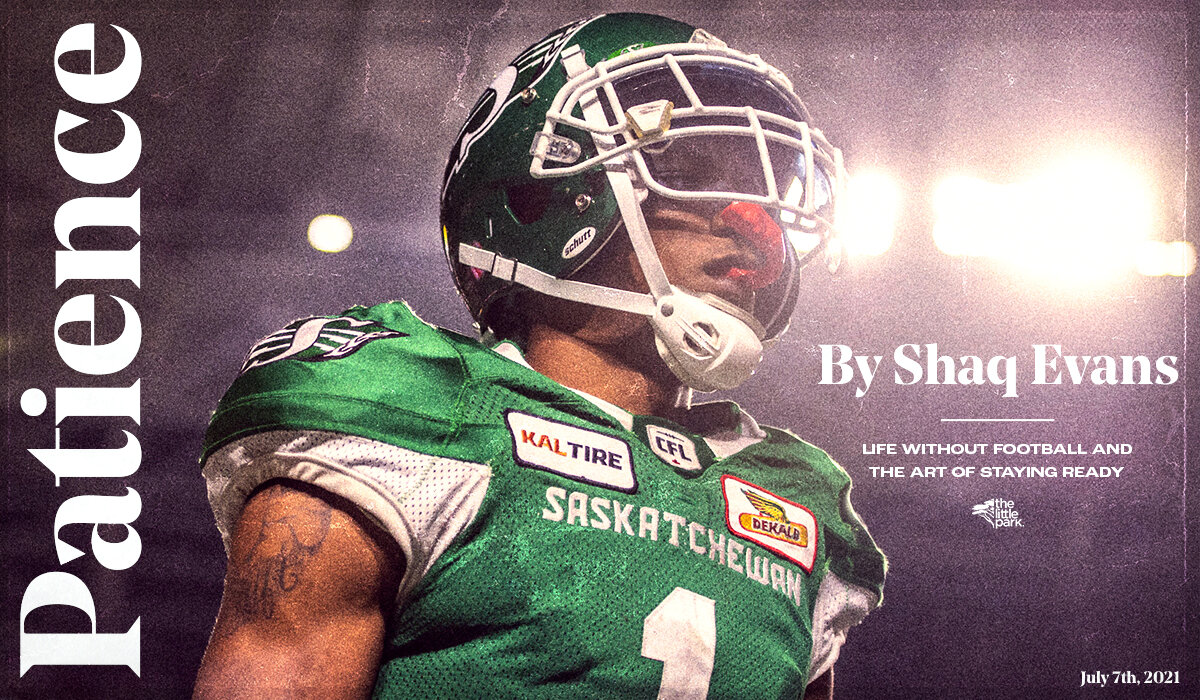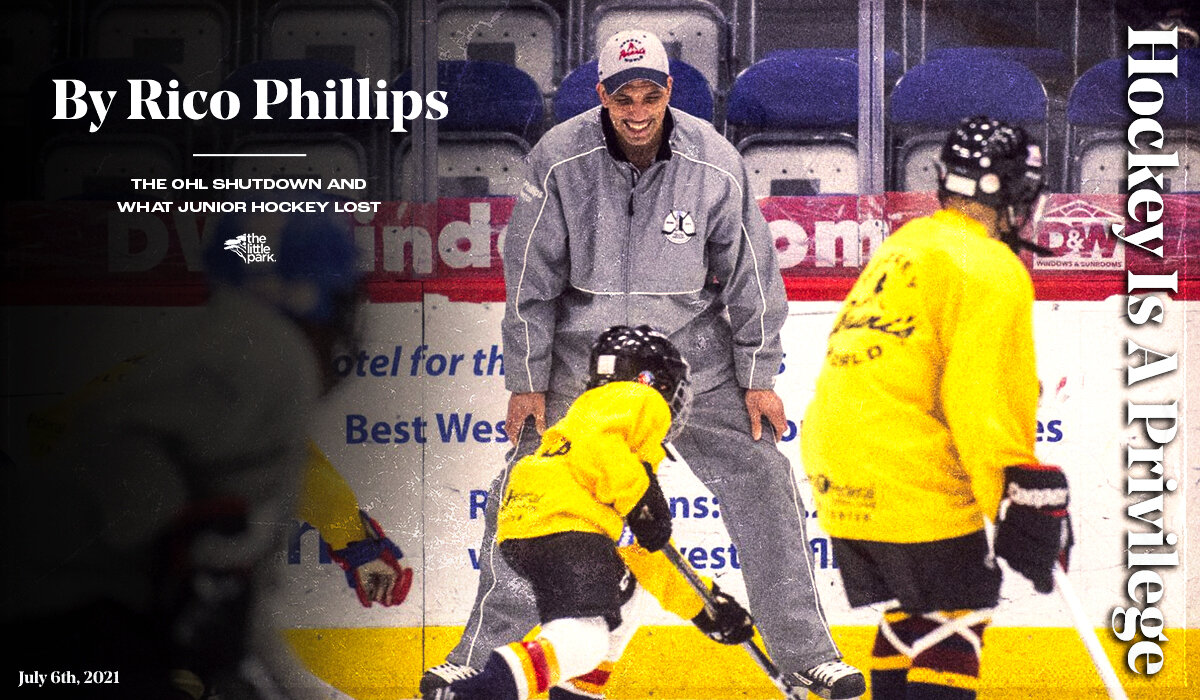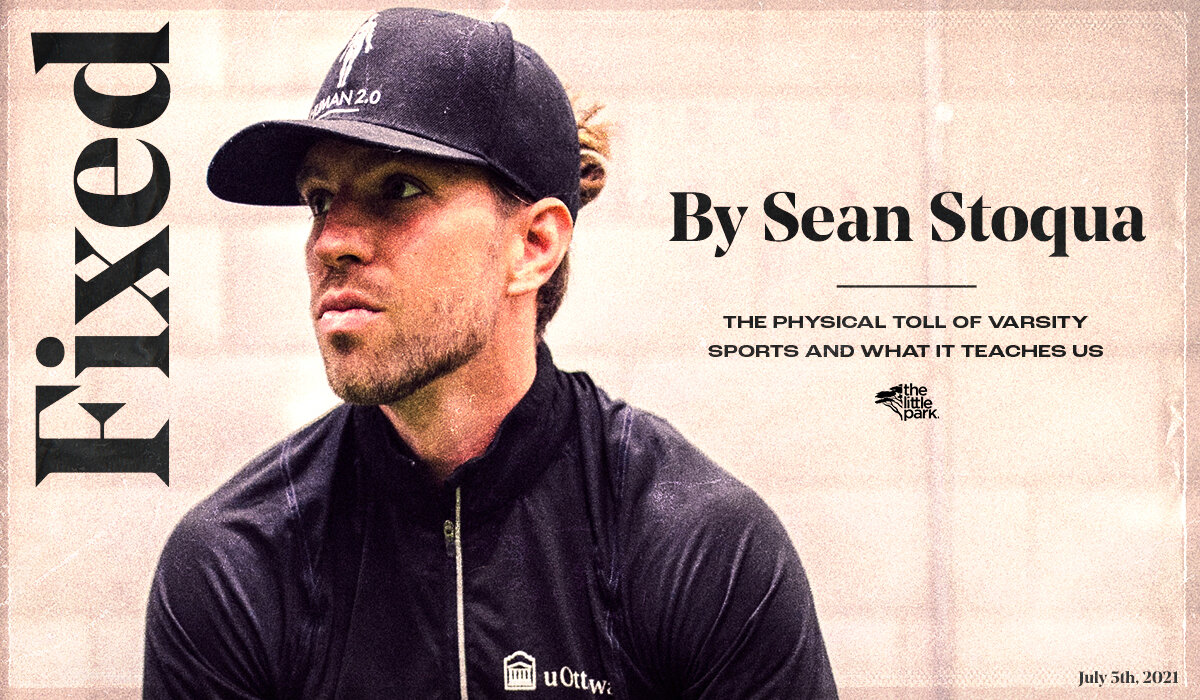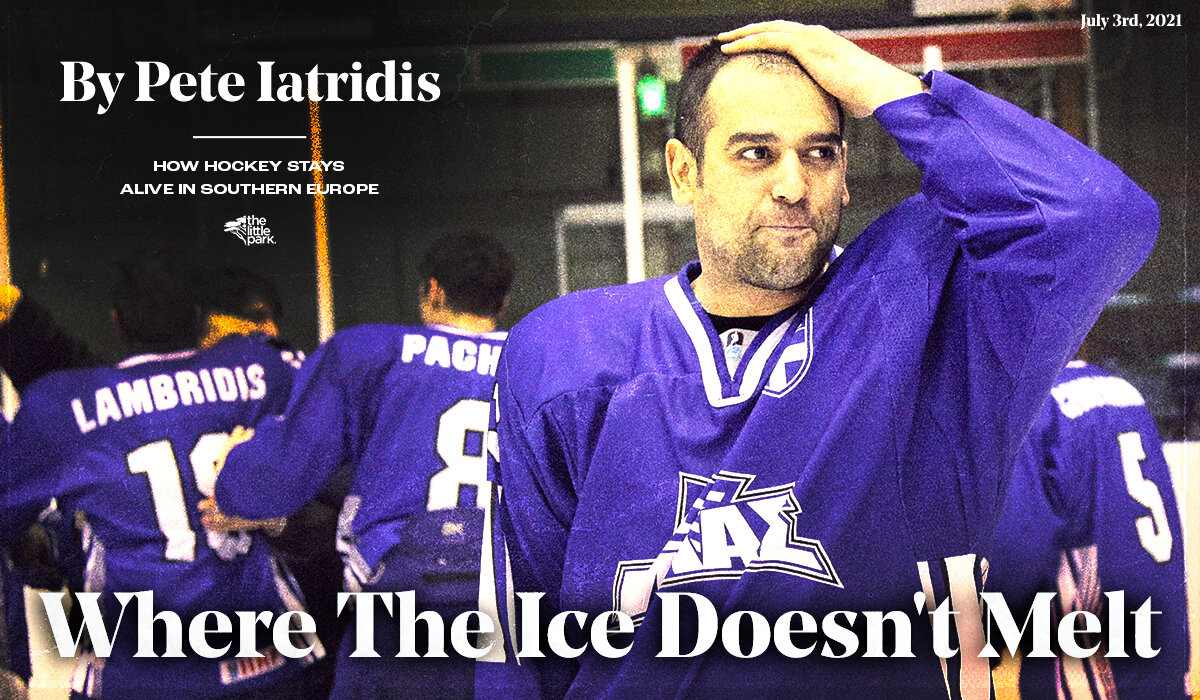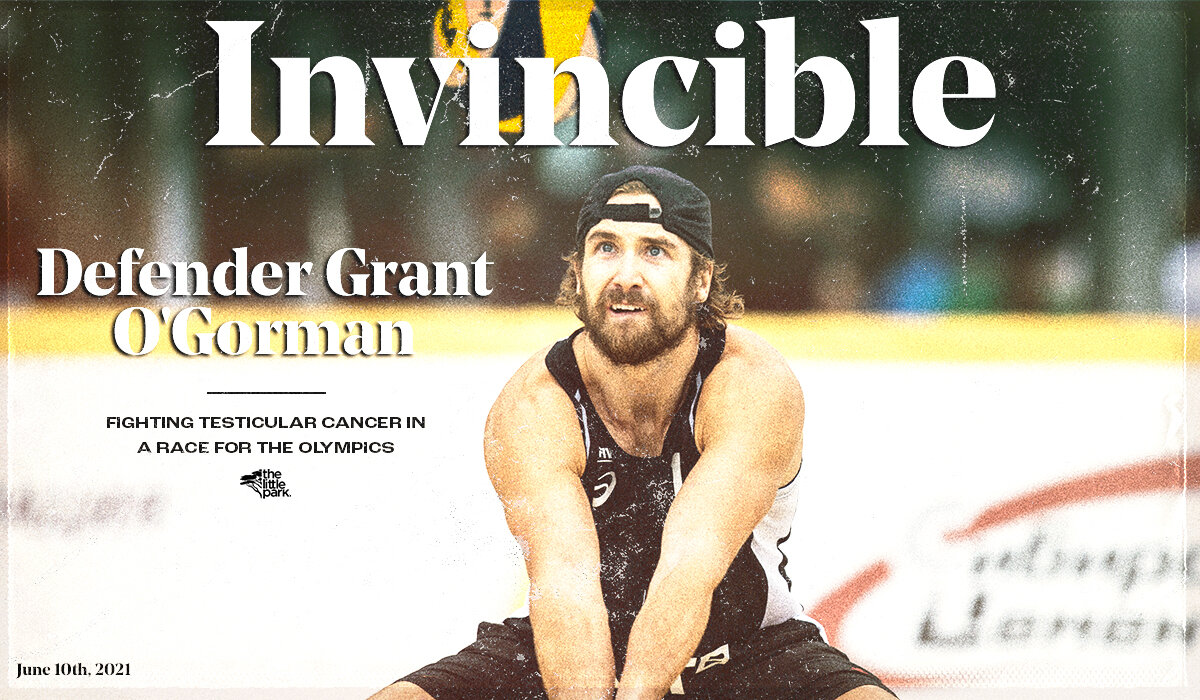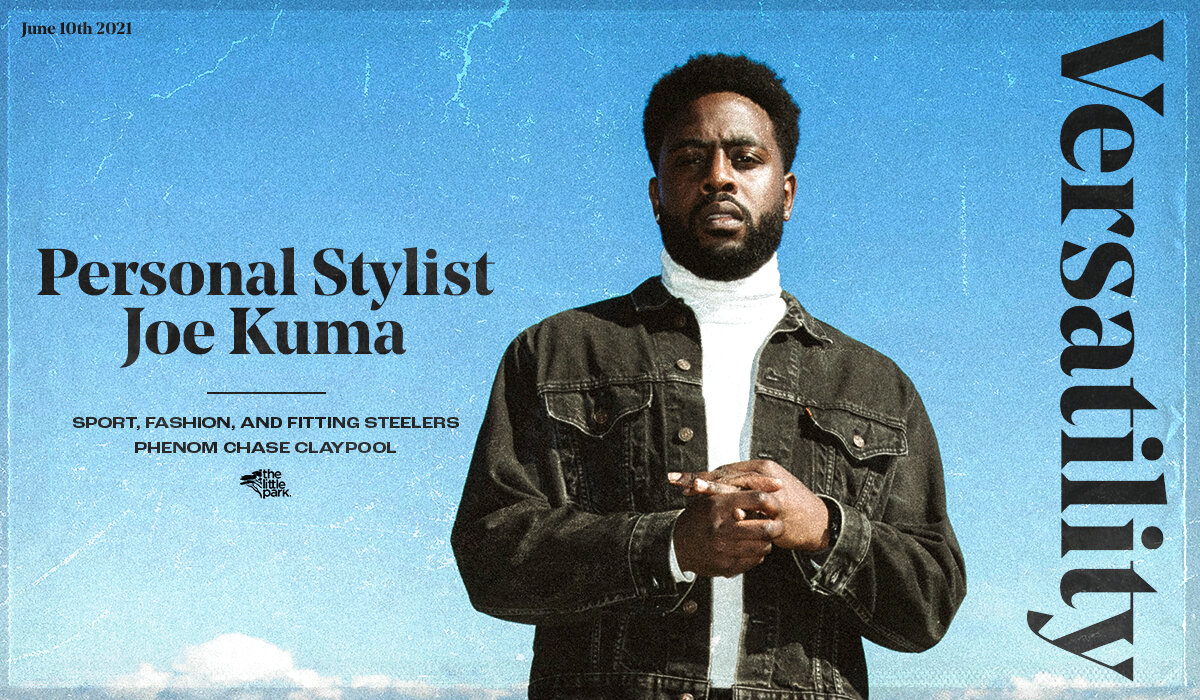Being in a bobsleigh is a mix between a roller coaster and a really fast water slide. As a “brakeman”, you can’t see anything. The gravitational force presses your torso into the bottom of the sled and you’re folded in half for the 50-60 seconds it takes to get down. It’s an incredible adrenaline rush.Searching for that rush started from a young age. To be honest, I think I got it from my mom. She’s a real go-getter and her spark is something I’ve always tried to emulate. I grew up in a very active household. Cross country skiing was an activity my family and I did together weekly, and I developed a quick passion for the sport. I started doing races at the age of seven, and dove in head first. The training, intensity, and travel requirements for the sport increased as the years went on. I loved every minute of it.Unfortunately, I developed an ulnar nerve injury originating from a bad elbow fracture when I was younger. Having been made worse by years of rigorous training, the injury required a nerve transposition surgery to fix. This was ultimately the end of my ski career. I lost out on a crucial season and experienced some longer lasting side effects from the surgery itself. As disappointing as this was at the time, it turned out that other opportunities would be waiting for me in the future.I started my career as a professional firefighter in my hometown of Thunder Bay, Ontario. When I decided I wanted to pursue firefighting, not a single woman had ever been hired in Thunder Bay. While “trying out”, I knew that there would be significant barriers I would have to overcome. Going through that process helped me immensely with developing a strong mental edge. Betting on myself was difficult, especially when entering into a field where no one looks like you.Around the same time I was getting into firefighting, I began to train in CrossFit. I found this style of training was great for a job where you have to be ready for everything and anything at a moment’s notice. I loved the intensity and difficulty of CrossFit – it even reminded me of the tough ski races I used to compete in. I built endurance, strength, and power which has helped me in my field.I had really missed the competitive side of sport and was searching for something to pour my competitive drive into again. It was then that I discovered bobsleigh. My mom put the idea into my head a few years ago, while we were visiting one of my sisters in Calgary – the home base for the Canadian National Team.I did some research and the idea of making Team Canada and going to the Olympics filled me with excitement. I missed having a big goal to train for and having that competitive outlet.I contacted the recruitment director for Bobsleigh Canada Skeleton (“BCS”) and was informed that there is a tryout process held each year, which BCS uses to form their team for the upcoming season. Normally, BCS's recruitment team travels across Canada searching for the next generation of Canadian bobsleigh and skeleton champions, but due to the circumstance of 2020 with COVID-19, only one tryout was scheduled in Calgary in October 2020.The year leading up to the tryout, I set out to train. I hired my coach, Bobby Kwasny, owner of Sled Dog Strength & Conditioning. The only information I had going into the testing event was the limited list of test components: various sprints and a few explosive strength tests such as standing broad jump and max lifts. I knew that I needed to be fast and strong. Having said that, it’s difficult to prepare for a sport you’ve never actually done nor know anyone who has done it. My training as a firefighter is something I leaned on throughout the process, and I feel it provided me with a mental edge. Bobby and I decided to keep the volume in my training but change the focus to speed and power – two elements I knew would be important in the test. I did a lot of squats and squat variations, Olympic lifting, and explosive based exercises like box jumps, broad jumps, sled pushes and sprinting to help prepare me for the selection process. I am very competitive and I didn’t want to be disappointed by lack of preparation, which is why I gave myself a year to train hard and prepare for this. I didn’t know what the competition was going to be like, how many other athletes would be trying out and what other people’s bobsleigh experience was. These things ultimately didn’t matter. My expectations going into the tryout were to give it my best shot, and focus on what I could control – my mindset, attitude, determination and work ethic. The rest was out of my hands; I went into testing with nothing to lose, and everything to gain. Sometimes you need to have tunnel vision.Fast forward to October 10, 2020: I officially made Team Canada. I texted my family as soon as I got the email, bursting with excitement.Bobsleigh is not only a physically demanding sport, but it is also mentally demanding. You have to overcome any hesitation, fear or doubt. Then hop into a sled that travels upwards of 145 km/h and catches several G’s of force. A lot of the tracks are extremely technical, and a slight hesitation could be the cause of a crash.My position as a brakeman starts with a big push trying to get the bobsled moving as quickly as possible, then cramming into the sled and getting as low down as possible. I am then responsible for braking at the end of the race. I have to be trusting of my pilot to get us down safely. If I show fear, it can negatively affect my pilot’s head space before a run and my ability to push as fast as I can off the starting block. Being in a sport where every hundredth of a second matters, the initial push is arguably one of the most important few seconds of the entire race. This type of trust, built through team camaraderie and training, I have relied on every day as a first responder.I now recognize that my career as a firefighter has been a crucial element in being successful in bobsleigh. Mistakes happen when there is hesitation and fear. I’ve discovered that the common denominator between firefighting and bobsleigh is mental toughness.I’m currently in Altenberg, Germany training and competing on the Europa Cup circuit. After this we will have a few other stops throughout Europe before heading back home sometime in February. There are very strict policies in place to keep us all safe, which included a self-isolation period in Ottawa during Christmas before our international departure, bi-weekly COVID tests, and the use of masks any time we are not in our separate hotel rooms. It definitely makes for an interesting year, but all of these measures are in place for the safety of not only us athletes, but the communities we are visiting on tour.It’s tough being away from family and my pup for extended periods of time, but I’m very fortunate to have such a strong support system back home. I was on short-term unpaid leave with Thunder Bay Fire Rescue in the fall for the testing and the 7-week training camp in Whistler. I have now taken all of my allotted holiday time at the beginning of 2021 to accommodate my absence until the end of February, when I will be returning to Thunder Bay. I will train hard back at home in preparation for the Olympic season. It is an absolute honour to represent my hometown and country, especially knowing I have so many people rooting for me. I could never have made it this far without the unwavering support of my family, friends, and Thunder Bay Fire Rescue.Though I didn’t know it, my dream job was preparing me for my dream. 






